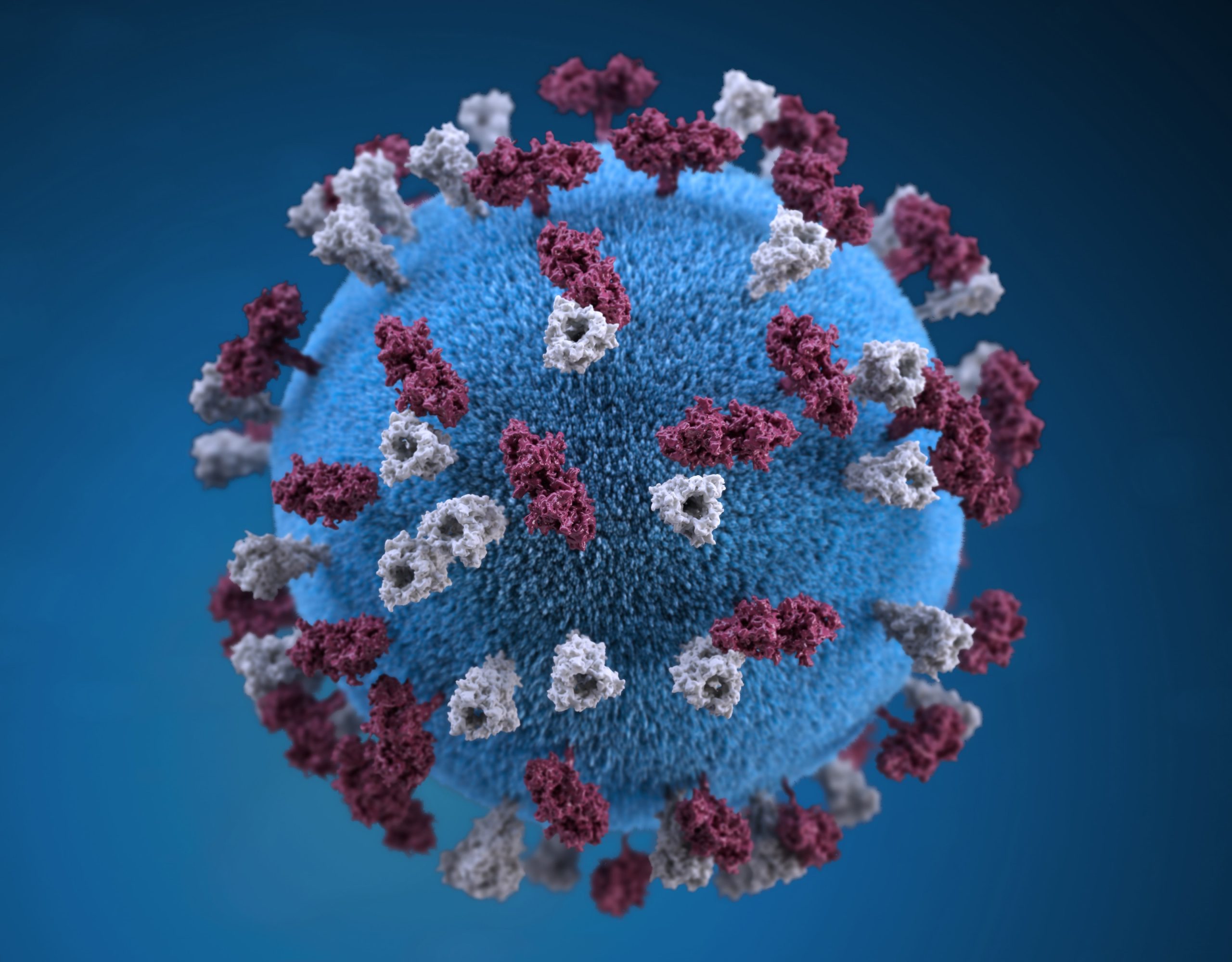I am happy to help you write an article about the importance of herd immunity in preventing the spread of measles. Measles is a highly contagious viral disease that can be easily spread through the air. One of the most effective ways to prevent the spread of measles is through herd immunity.
Herd immunity occurs when a large percentage of a population is immune to a disease, either through vaccination or prior infection. When enough people in a community are immune, the disease is unable to spread easily, protecting those who are unable to receive the vaccine due to medical reasons, such as infants and people with weakened immune systems.
Measles is a particularly dangerous disease that can cause serious complications, including pneumonia, brain damage, and even death. According to the World Health Organization (WHO), before the introduction of the measles vaccine in 1963, there were an estimated 2.6 million measles-related deaths worldwide each year. Thanks to vaccination efforts, measles deaths have decreased by 99% since then.
However, measles cases have been on the rise in recent years, with outbreaks occurring in many parts of the world. In 2019, the United States saw its highest number of measles cases in 27 years, with over 1,200 cases reported across 31 states.
One of the main reasons for the resurgence of measles is the decline in herd immunity in some communities. When vaccination rates fall below a certain threshold, the disease can quickly spread through the population. In the case of measles, the threshold for herd immunity is estimated to be around 93-95%, meaning that at least 93-95% of the population needs to be immune to prevent outbreaks.
There are several factors that contribute to declining vaccination rates and herd immunity. One is the spread of misinformation and myths about vaccines, which can lead some people to avoid or delay vaccination. Another factor is limited access to vaccines, particularly in low-income countries.
In order to maintain herd immunity and prevent the spread of measles, it is crucial that vaccination rates remain high. This means ensuring that vaccines are accessible to all people, educating the public about the importance of vaccination, and combating misinformation about vaccines.
It is also important to recognize that herd immunity is not a one-size-fits-all solution. The threshold for herd immunity can vary depending on factors such as the infectiousness of the disease and the size and density of the population. In some cases, such as in populations with high rates of immunosuppression, achieving herd immunity may not be possible, making it even more important to protect those who cannot receive the vaccine through other means, such as careful monitoring and early detection of cases.
In conclusion, herd immunity is a crucial tool in preventing the spread of measles and other infectious diseases. By ensuring high vaccination rates and educating the public about the importance of vaccination, we can help to maintain herd immunity and protect the health of our communities.




